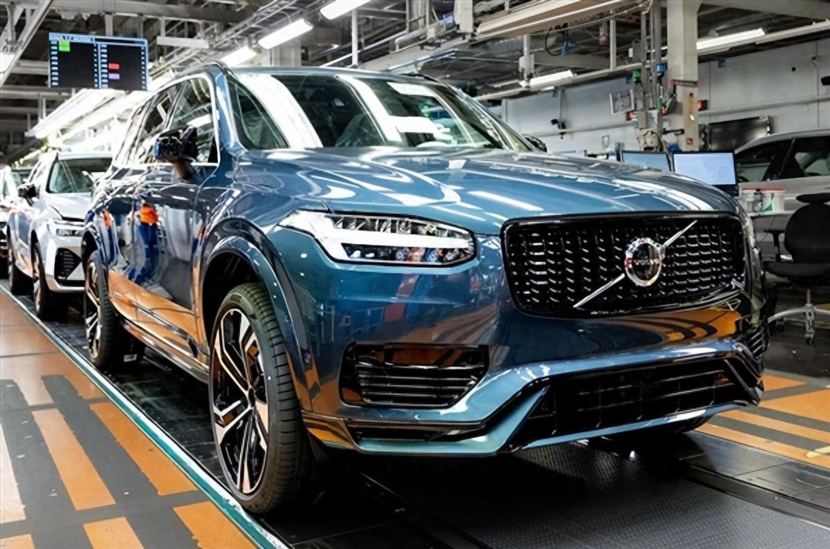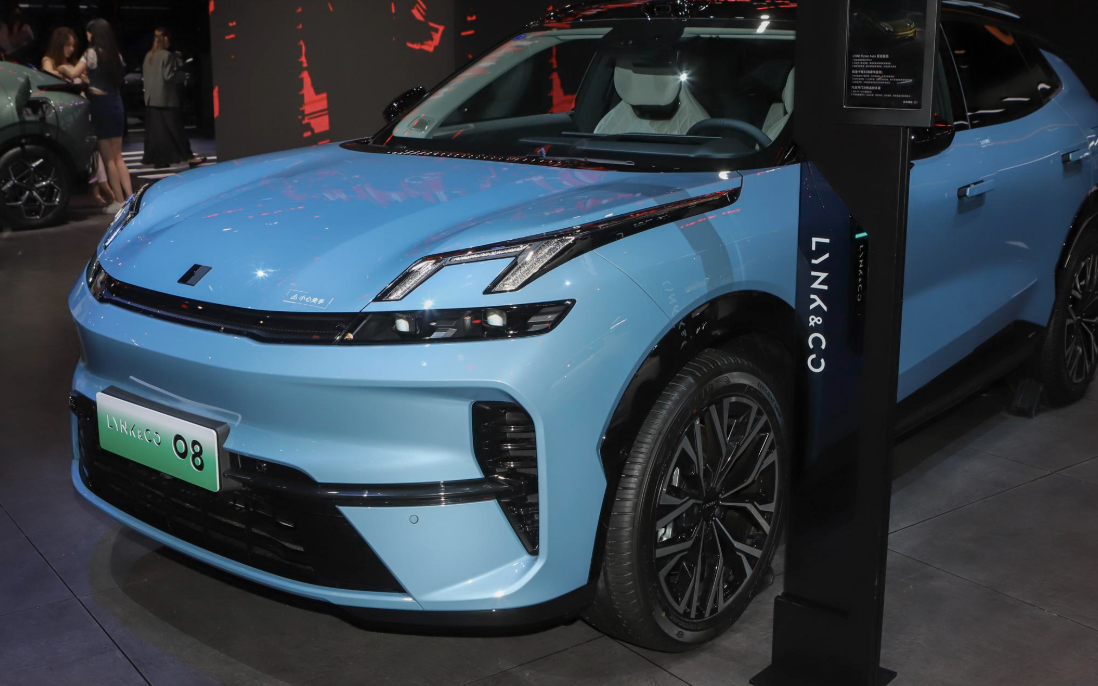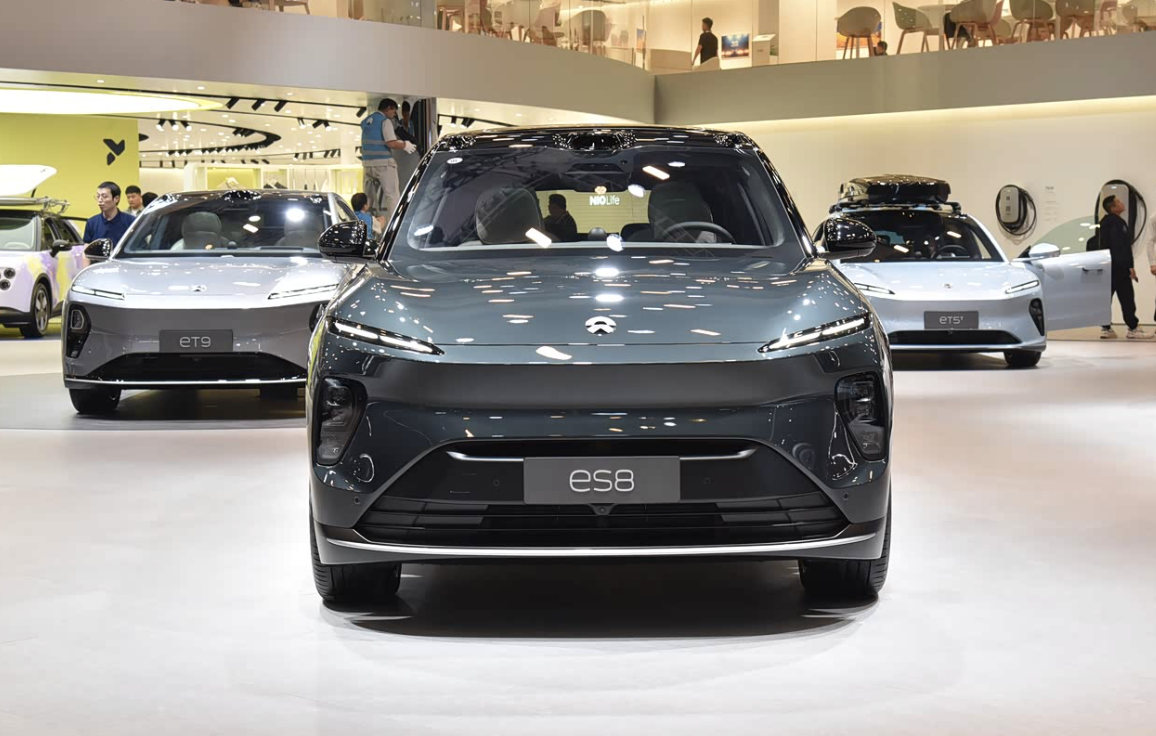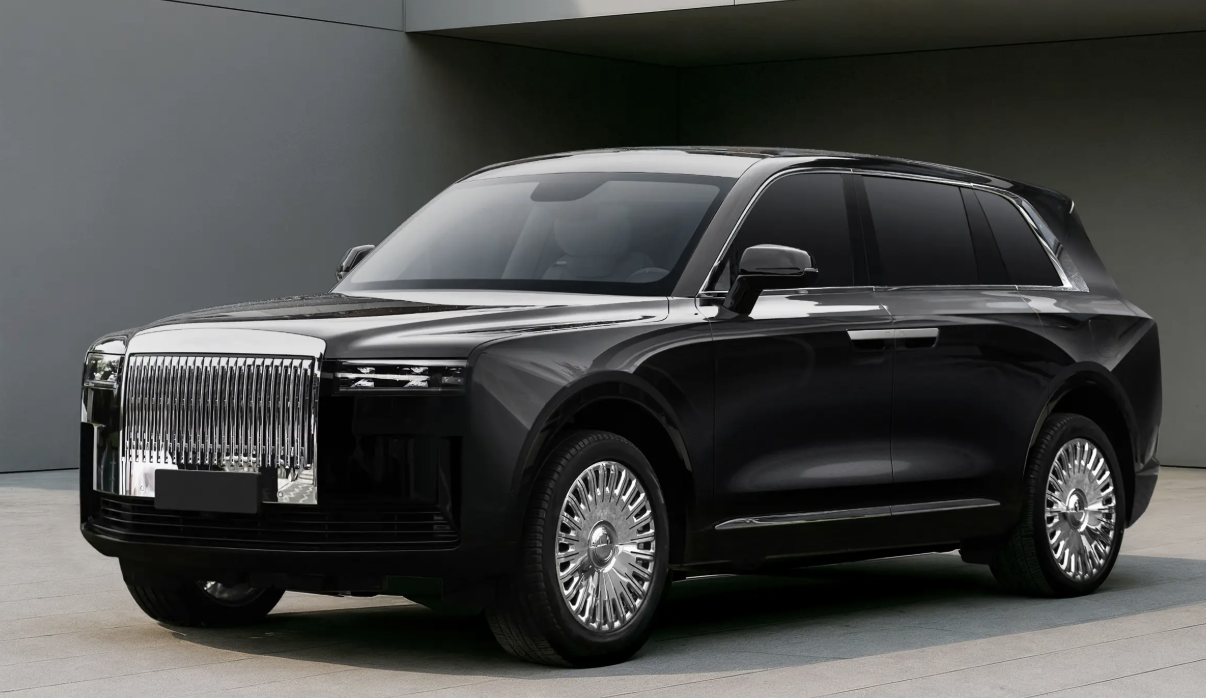Local time on the evening of March 26, the last Volvo XC90 SUV rolled off the assembly line at Volvo’s Torslanda plant in Sweden. This vehicle is the last car equipped with a diesel engine from Volvo. This move means that Volvo has officially said goodbye to 45 years of diesel vehicle production history and entered a new era of electrification.
It is reported that Volvo officials said that it will still produce gasoline-powered cars until 2030, when only electric cars will be produced. Erik Severinson, an executive in charge of new car and operational strategy at Volvo Cars, said outright: “We are very confident that even without diesel vehicles, we can provide very good customer service.”
The aforementioned diesel model XC90 SUV is the last one. After being offline, it will not be sold to consumers, but will be displayed as a historical product. The car will enter the Volvo World Museum in Gothenburg, Sweden for exhibition on April 14.
Back in September 2023, Volvo announced that it would stop producing diesel vehicles at the beginning of this year and planned to transform into a pure electric brand by 2030 and achieve climate neutrality by 2040. At that time, Jim Rowan, CEO of Volvo Cars, said: “We are fully committed to creating a high-quality pure electric vehicle portfolio to meet all customer expectations for Volvo, which is also an important part of our response to climate change.”
It is worth mentioning that as a well-known Swedish luxury car brand born in 1927, Volvo has a 45-year history of producing diesel vehicles, and has launched a number of influential diesel models during this period. In 2008, the diesel version of the XC90 model once accounted for 95% of sales. However, compared with other luxury car manufacturers, Volvo is recognized as one of the earliest traditional luxury brands to start the transformation to electrification. As early as 2017, Volvo proposed a comprehensive electrification strategy and further clarified the market layout in 2021. In 2021, Volvo said that by 2025, the sales of pure electric models under its brand will account for 50% of the total sales, and the rest will be hybrid models. By 2030, Volvo will transform into a pure electric brand, and only pure electric vehicles will be sold, and all internal combustion engine-equipped vehicles will be phased out worldwide. By 2024, Volvo strives to become a climate-zero-load benchmark enterprise, and all pure electric models will only be sold online.
Data shows that in 2023, Volvo Cars’ global cumulative sales increased by 15% year-on-year to a record high of 708,700 vehicles. Among them, the sales of pure electric vehicles were 113,400, up 70% year-on-year; the sales of plug-in hybrid vehicles exceeded 152,600, up 10% year-on-year. Among the segmented markets, Volvo’s cumulative sales in the Chinese market were 170,000, up 5% year-on-year. From the sales data of the past year, although Volvo also achieved growth in the Chinese market, compared with Volvo’s 15% global growth, its performance in the Chinese market obviously lacks highlights.
Currently, Volvo’s sales in China still rely on fuel vehicles, and its only electric vehicles are mainly plug-in hybrid models. The official website shows that currently, Volvo has achieved domestic production in China, including four models: S90, S60, XC60, and XC40. Among them, S90, S60, and XC60 have introduced plug-in hybrid models based on fuel vehicles, and XC40 has introduced pure electric models based on fuel vehicles. It should be noted that in the context of the significant expansion of new energy vehicles, the luxury car market has been eroded by new brands such as NIO and Li Auto. “Oil-to-electricity” models are difficult to become the mainstream in the highly competitive new energy vehicle market, which also leads to very ordinary sales performance in the vehicle market. Retail data shows that in 2023, the top three models sold by Volvo in China are XC60, S90, and S60, with sales of 64,758 vehicles, 37,022 vehicles, and 21,140 vehicles respectively.
Currently, electrification transformation is considered an important part of Volvo Cars’ sustainable strategy. However, from the sales data, Volvo Cars’ performance in the new energy field is very ordinary. In August 2023, Volvo emphasized that the Chinese market is one of the most dynamic markets in the world for Volvo, and the company will continue to accelerate the comprehensive electrification transformation in China and the world. According to the plan, by 2025, 50% of Volvo’s pure electric vehicle sales will account for the total sales, and it will completely transform into a pure electric brand in 2030, phasing out all models with internal combustion engines.
As a Nordic luxury brand, Volvo’s choice to achieve electrification transformation is a gesture of embracing the market. As for after the era of XC90 SUV diesel vehicles comes to an end, in the new era, can Volvo continue to shine? From the Chinese market’s perspective, although the Chinese market is one of the most dynamic markets in the world for Volvo, the majority of Volvo’s currently available electrified models are “oil-to-electricity” products, and sales are difficult to increase, which means that “how to accelerate the realization of electrification transformation in the Chinese market” is the problem that needs to be solved at present. In this context, Volvo has considerable pressure in the transformation of electrification in China.
The latest financial data shows that in 2023, Volvo Group’s net sales increased by 17% year-on-year to SEK 553 billion; adjusted operating profit was SEK 77.6 billion, compared with SEK 50.5 billion in the same period last year; the adjusted operating profit margin was 14.0%, compared with 10.7% in the same period last year.



